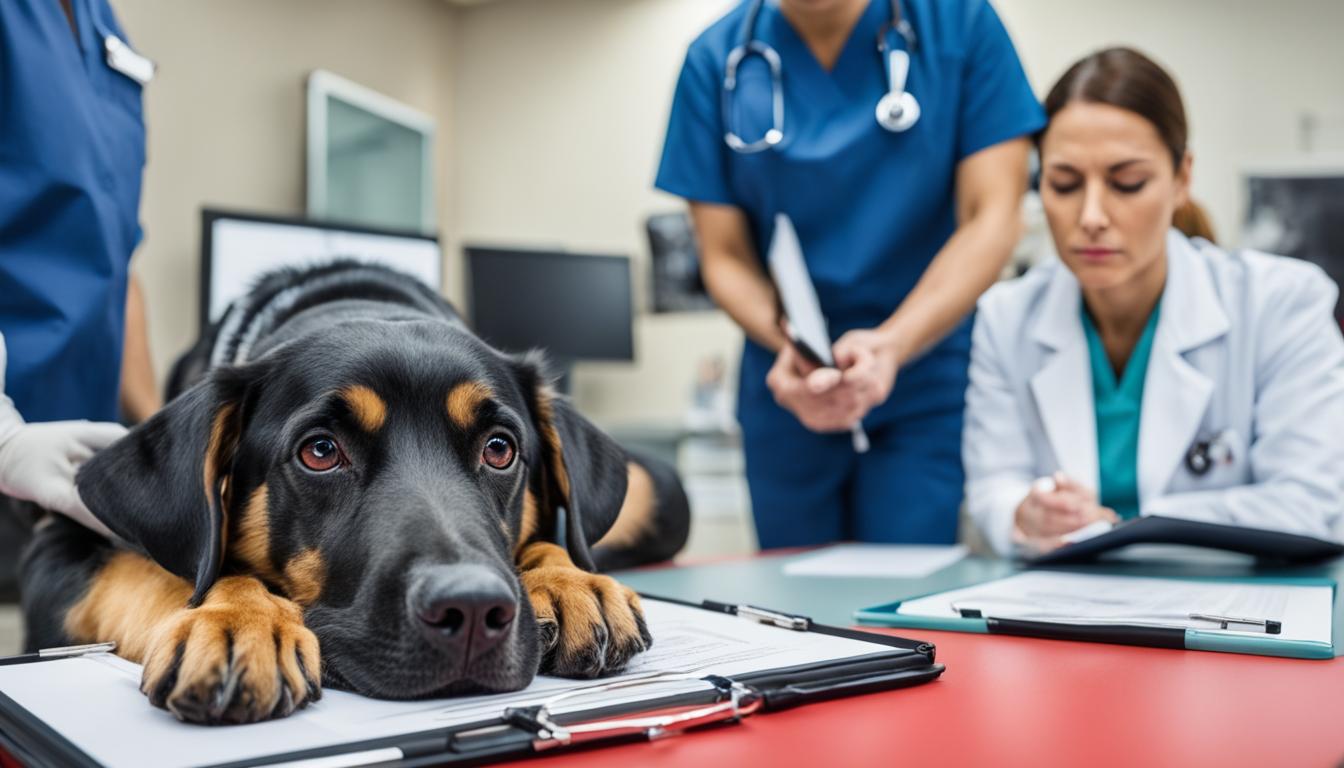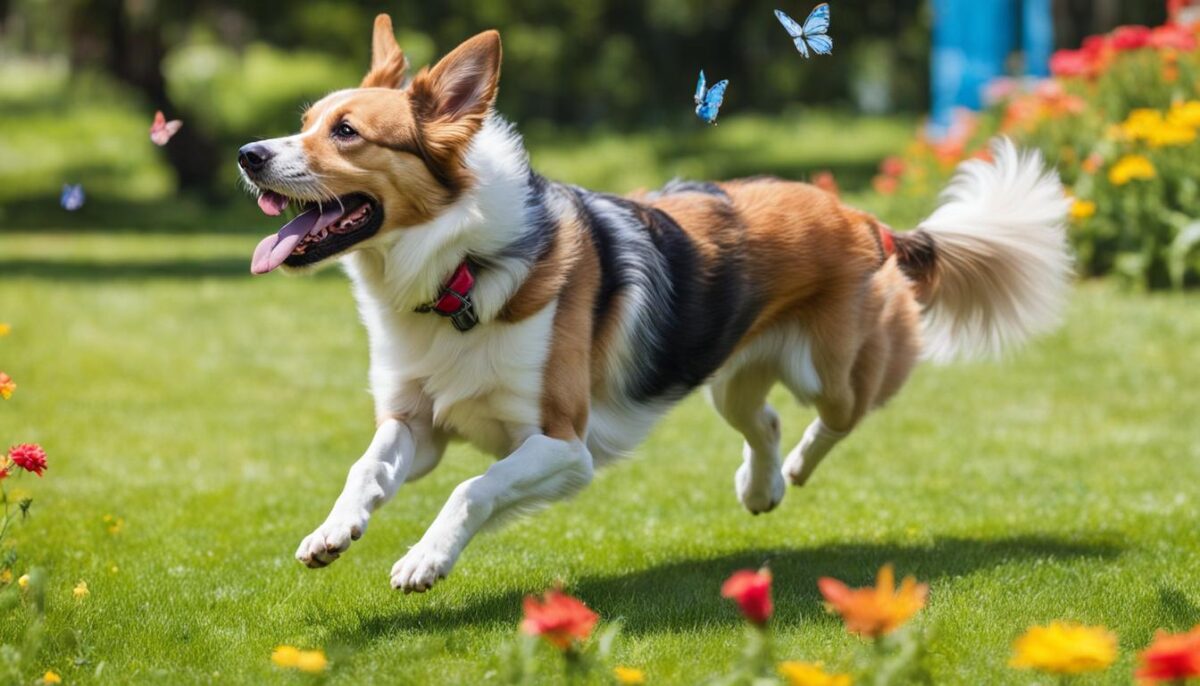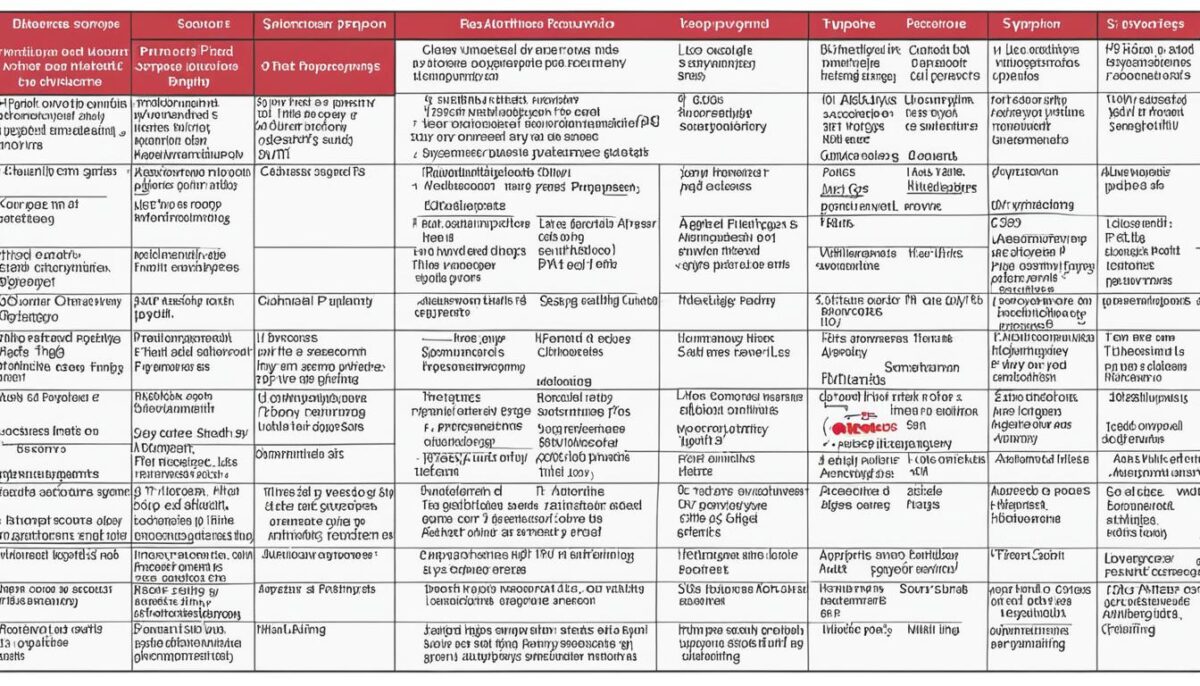If you have a furry friend at home, you may wonder about the different illnesses they can catch. Canine rotavirus is one such virus that sometimes affects dogs, leading to an upset tummy and dog diarrhea illness. Just like you, pups can feel sick from viruses that spread between animals.
Pet health is important, just like keeping yourself healthy. Rotavirus is not usually a big problem for most dogs, but little puppies can have a harder time if they get it. They may not feel well and could have watery diarrhea because of this virus, which can also affect people. Yes, rotavirus is a type of zoonotic viruses, which means it can sometimes pass from animals to humans.
Keeping things clean is key! By washing your hands and making sure your pup’s space is tidy, you can help stop this virus from spreading. Now, let’s learn a bit more about what to watch for and what to do if your doggy friend gets rotavirus.
Key Takeaways
- Dogs can get rotavirus, which causes upset stomachs and diarrhea.
- Little puppies are more likely to get sick from rotavirus than grown-up dogs.
- Good cleaning habits can help stop the virus from spreading.
- If your dog gets sick, a vet can help them feel better.
- Rotavirus is a type of virus that can spread between animals and sometimes people.
Understanding Rotavirus in Dogs
If you have a furry friend at home, it’s important to learn about canine rotavirus origins and how this illness might affect puppy health. Let’s explore what rotavirus is and why it matters for your pup.
Origins and Classification of Canine Rotavirus
Rotavirus is a tiny germ that can make puppies and dogs feel really sick. It’s known for causing upset tummies and comes from a group of viruses called Reoviridae RNA viruses. They’re a big family with different sorts that can bother a lot of different animals. Doctors who study these germs have sorted them into groups, named A to H, and the ones that usually make dogs sick are in Group A.
The sneaky germs that cause trouble for dogs are mostly called serotypes G3 and P3. These specific ones don’t usually make people sick, so we don’t need to worry too much about catching it from our pups, but we still need to keep everything clean to help our dogs stay healthy.
Why Puppies Are More at Risk for Rotavirus
Young dogs and rotavirus don’t mix well because the puppies’ immune systems—their body’s defense against germs—are still learning how to protect them. That’s why puppies sometimes get the rotavirus and wind up with a bad case of the runs or watery poop. It doesn’t normally make them super sick, but it could be worse if they’re really small or not feeling strong.
How Age and Immune Status Affect Vulnerability
Whether a dog gets sick from this germ depends a lot on their canine age and how tough their immune system is. Little puppies, especially those younger than 12 weeks, haven’t built a strong shield against germs just yet. Big factors like yucky places, too many dogs in one spot, or if there are a lot of stray dogs can make it easier for the rotavirus to spread and make more dogs sick.
In the neat table below, you’ll see how different things can make puppies more likely to get the rotavirus. It’s like how you need to eat good food and wash your hands to stay healthy; puppies need help from us to stay healthy too!
| Canine Age | Young Pups ( | Older Dogs |
|---|---|---|
| Immune System Strength | Still Building Up | Usually Stronger |
| Risk Level for Rotavirus | High | Lower |
| Other Risks | Other infections, Not many shots yet | Other health issues, Stress |
So, as a pet owner, you can help your puppy’s health by keeping them clean, making sure they have their vaccines, and giving them lots of love and care. This way, their immune system can grow strong to fend off the rotavirus and other germs that might try to make them sick.
Remember, keeping our pets healthy means we keep hugs and cuddles with our four-legged friends joyful and worry-free. 😊
Can Dogs Get Rotavirus? The Risks Explained
Did you ever wonder if your furry friend could catch a stomach bug like rotavirus? It’s true, rotavirus risks in dogs are a thing. Rotavirus is a tricky germ that can make dogs sick, especially little puppies. They can get watery poop and feel pretty crummy. But here’s the good news: Most of the time, dogs and humans don’t pass it back and forth. This means the spread of rotavirus between them isn’t very common.
However, where our four-legged buddies and families live close together and the place isn’t kept very clean, there’s a bigger chance for germs to spread around. That’s why washing your hands and keeping things tidy is so important. We all want to keep those wagging tails happy and healthy, right?
Zoonotic Disease Concerns are when diseases jump from animals to people. For rotavirus, this is really rare. Still, we need to remember to play safe and clean around our pets. So, picking up after your pup and making sure they have their own space to eat and sleep is a big help.
If you’re thinking about how to keep your dog safe from rotavirus, here’s a simple tip: Cleanliness is key! Keeping your dog’s bowl and sleeping area nice and clean, along with your own hands, can make a big difference.
Remember: Dogs are our best friends, and it’s up to us to protect them from getting sick and possibly making others sick too. By following some simple steps, we can reduce the risks of rotavirus in dogs. Want to learn even more about how to keep your dog healthy? Stick around to find out!
Recognizing the Symptoms of Rotavirus in Canines
If your dog is feeling sick, it’s important to know what signs to look for. Dogs, just like puppies, can get a tummy bug called rotavirus. The main thing you might see is puppy diarrhea. This is not fun for your furry friend, and it’s a clue you should talk to your vet. But, there’s more to watch out for.
Identifying Signs of Rotavirus in Puppies and Adult Dogs
Identifying symptoms of canine rotavirus early can help your dog feel better faster. Here are some things you might notice:
- Your dog might go potty more, and it can be very watery.
- They might not want to eat as much and could lose weight.
- Your normally playful pal may seem tired all the time.
When a dog’s belly is upset by rotavirus, their small intestine gets angry and inflamed. This hurts their ability to soak up vitamins and other good stuff they need from their food.
Why Timely Diagnosis is Crucial for Your Dog’s Health
Getting your dog checked quickly by a vet is super important. The sooner you know it’s rotavirus, the better you can care for your buddy. A timely diagnosis of rotavirus means your vet can start helping right away.
Here’s a cool chart that helps explain why seeing a vet is so important:
| Early Signs | What the Vet Does | How It Helps Your Dog |
|---|---|---|
| Watery Poops | Checks poo under a microscope | Spot rotavirus early |
| Weight Loss | Rules out other tummy troubles | Focus on the right treatment |
| Low Energy | Discusses doggy diet changes | Helps them get energy back |
The faster your vet figures out it’s rotavirus and not something else, the quicker your furry buddy can start to heal. Veterinary care for rotavirus might include special food, medicine to stop them from going potty too much, and lots of love.
Remember, keeping an eye on your dog’s digestive health helps them stay happy and healthy!
Preventing and Treating Rotavirus in Your Furry Friend
Keeping your beloved dog healthy is super important, and rotavirus prevention in dogs is a big part of that. So, what can you do? Well, you’ve got some smart moves to make, like good hygiene practices and top-notch pet sanitation. They may sound like big words, but they’re just about keeping things clean and tidy so your pup doesn’t get sick.
Effective Hygiene Practices to Reduce Risk
- Always wash your hands after playing with any dog, especially before you eat!
- Keep your dog’s bed, toys, and eating area super clean.
- If another dog is sick, keep yours away to stop germs from spreading.
If your furry buddy does catch the rotavirus, don’t worry—there’s a way to help them feel better. It’s called supportive canine care, which is like when someone takes good care of you when you’re not feeling well.
Supportive Care Options for Infected Dogs
Even though there’s no magic medicine to cure the rotavirus, your vet has some tricks up their sleeve to help your doggo. They can give your dog something called fluid therapy for dogs. Think of it as a way to make sure they stay hydrated, kind of like when you drink lots of water when you’re sick. Let’s check out what else the vet can do:
- The vet might give your dog fluids through a tube to make sure they get enough water.
- Antibiotics might be used, but not to cure the rotavirus. They help stop other yucky germs from making things worse.
- Special dog food that’s easy on the tummy could also help your furry pal feel better.
By following these simple steps, your dog will have a fighting chance against the rotavirus and will thank you with lots of happy tail wags!
Conclusion
Like us, dogs can get sick, and one illness they might catch is called rotavirus. But you don’t have to worry too much! Most dogs with rotavirus get better quickly as long as they get the care they need. Keeping things clean, like where your dog sleeps and plays, is a big part of helping them stay healthy. And if your pet does feel yucky, it’s important to see the vet fast. That way, they can get the help they need to bounce back.
Looking after your pet’s health doesn’t have to be hard. Think about it like taking care of a friend. Make sure they have clean water, a tidy place to hang out, and lots of love. If your dog does pick up this pesky rotavirus, remember that **canine rotavirus recovery** is usually quick. So, keeping an eye on them and getting help if they’re not feeling well is key to keeping them wagging their tail.
Care for your dog even after they’re all better to make sure they stay happy. **Dog care after illness** is just as important as when they’re sick. This means giving them good food, clean water, and plenty of playtime. **Pet health maintenance** is all about the little things you do every day to keep your furry friend feeling great. And when you take good care of your dog, they’ll have more time for fun, fetch, and cuddles with you!
FAQ
Can Dogs Contract Rotavirus?
Yes, dogs can indeed get rotavirus, which is a virus belonging to the Reoviridae family, and it typically causes symptoms like watery diarrhea, especially in puppies.
What Is Canine Rotavirus, and How Is It Classified?
Canine rotavirus is part of the Reoviridae family of RNA viruses. Different strains affect various animal species, and the most commonly seen in dogs are grouped under Group A, particularly serotypes G3 and P3.
Why Are Puppies More Susceptible to Rotavirus Than Adult Dogs?
Puppies are more vulnerable because their immune systems are not fully developed, which can lead to symptoms like watery diarrhea and leave them at risk, especially if they are very young or otherwise weakened.
Does the Age and Immune Status of a Dog Affect Its Risk for Rotavirus?
Yes, the susceptibility of dogs to rotavirus significantly depends on their age and immune status. Puppies under 12 weeks and dogs with weakened immune systems are at greater risk.
Are There Zoonotic Concerns With Canine Rotavirus?
While canine rotavirus mostly affects dogs, there is a low risk of transmission to humans. Proper hygiene practices are crucial in preventing the spread of the virus.
How Can I Identify If My Dog Has Rotavirus?
Symptoms of rotavirus in dogs include watery diarrhea, weight loss, and low energy. A veterinary examination is needed for an accurate diagnosis.
Why Is Timely Diagnosis Important in Managing Rotavirus for My Dog?
Early detection is crucial for effective management and treatment, mainly because rotavirus targets the intestines and can interfere with nutrient absorption.
What Are the Best Ways to Prevent Rotavirus in Dogs?
Preventing canine rotavirus involves maintaining good hygiene, avoiding contact with contaminated areas, and isolating infected animals. Keeping up with vaccinations can also boost a dog’s overall immune defenses.
What Treatments Are Available for Dogs Infected with Rotavirus?
Treatment is focused on managing symptoms and includes fluid therapy to prevent dehydration, administering antibiotics to prevent secondary infections, antidiarrheal medications, and a specialized diet to support recovery.


